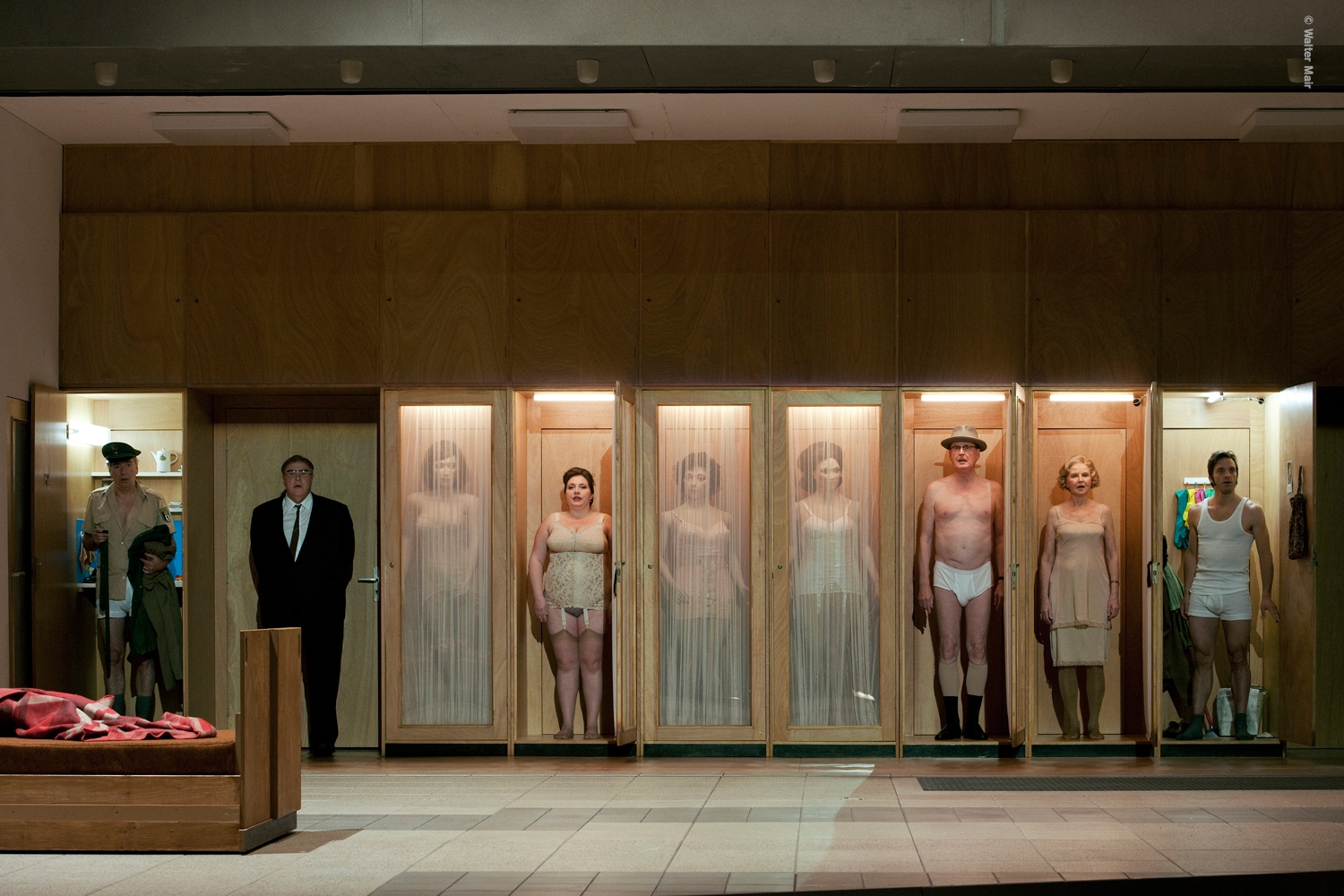


Friedrich Schiller never left the German Reich’s territory. In his late years, he wrote several sea plays, dramatic sketches dealing with world trade and pirates, discovery journeys and European colonialism, “wild people” and “wild animals”. Central themes include adventure, the existential limit situation of “conspiracies on board”, and encounters with human flesh eating Karaiben –as he called them, as well as an almost prophetical description of globalization. “War in Europe brings war in India. One still knows nothing here,” writes Schiller in one of the texts. In the Sea Plays, pirates are both a motive of adventure and a political idea. The “well-organized State” finds its constitutive difference in the band of pirates. Thus become pirates –nowadays and in Schiller, as a band of adventurous individuals sailing in an empty, stateless space, a projection of a utopian community or of new communities.
Two-hundred years later, today we approach the enthusiasm of a new beginning that can be read in Schiller’s Sea Plays. Three young, very different directors approach Schiller’s texts for the first time.
The SEESTÜCKE are staged in three parts, on the same evening, as a belated premiere, a recovered treasure. Together with the fragments by Schiller, these plays hide a greater treasure of ideas, a reservoir of associations, a surface of projection. The “evil man”, like the artist, has been dealing with the sea for centuries, seeing it as a place of yearning, a metaphor for a new beginning, the unconscious, the unknown, and a promise of change. Ulrich Rasche’s project places in the chaotic, thunderous space of the sea the utopian potential of new communities and the experience of co-creation. The story of Europeans in the quarantine station of the New World, with the nomads of globalization having settled outside, surrounds the film-performance project by Heiko Kalmbach. Ulf Aminde devotes his work to wild subjects, pirate-like dropouts, and the possibility of opting out of one’s decision to opt out.
All three directors set their artistic concepts in an area of conflict with Schiller's texts and an OCEAN space designed by Bert Neumann.
Director: Ulf Aminde, Heiko Kalmbach, Ulrich Rasche
Dramaturgy: Janek Müller